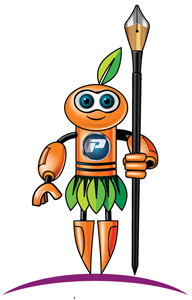26 Jul Discussion
Discussion Board
“With AI infiltrating even online written tests and documentation in some cases, have you used it for professional reasons? What’s the feedback you got? What are AI key guidelines that we should know when we use AI for documentation?”
Artificial intelligence, or AI, is now an inseparable part of human life. This technology has a wide range of applications, from finance to facial recognition. With increasing usage, experts think there is a need for an emerging AI governance framework. This will reshape how the technology is built and deployed. Keeping this agenda in mind, India’s telecom regulator, Trai, has recommended the establishment of an independent statutory authority, the Artificial Intelligence and Data Authority of India (AIDAI), to regulate responsible AI use across sectors. Source mint.
Technical Writers have been very concerned about AI and its usage from the very beginning. Almost a month ago, they discussed: Whether there are any AI guidelines for creating documentation?

The Discussion




















No Comments